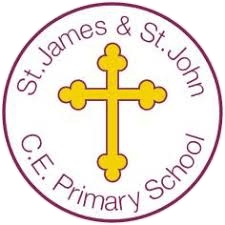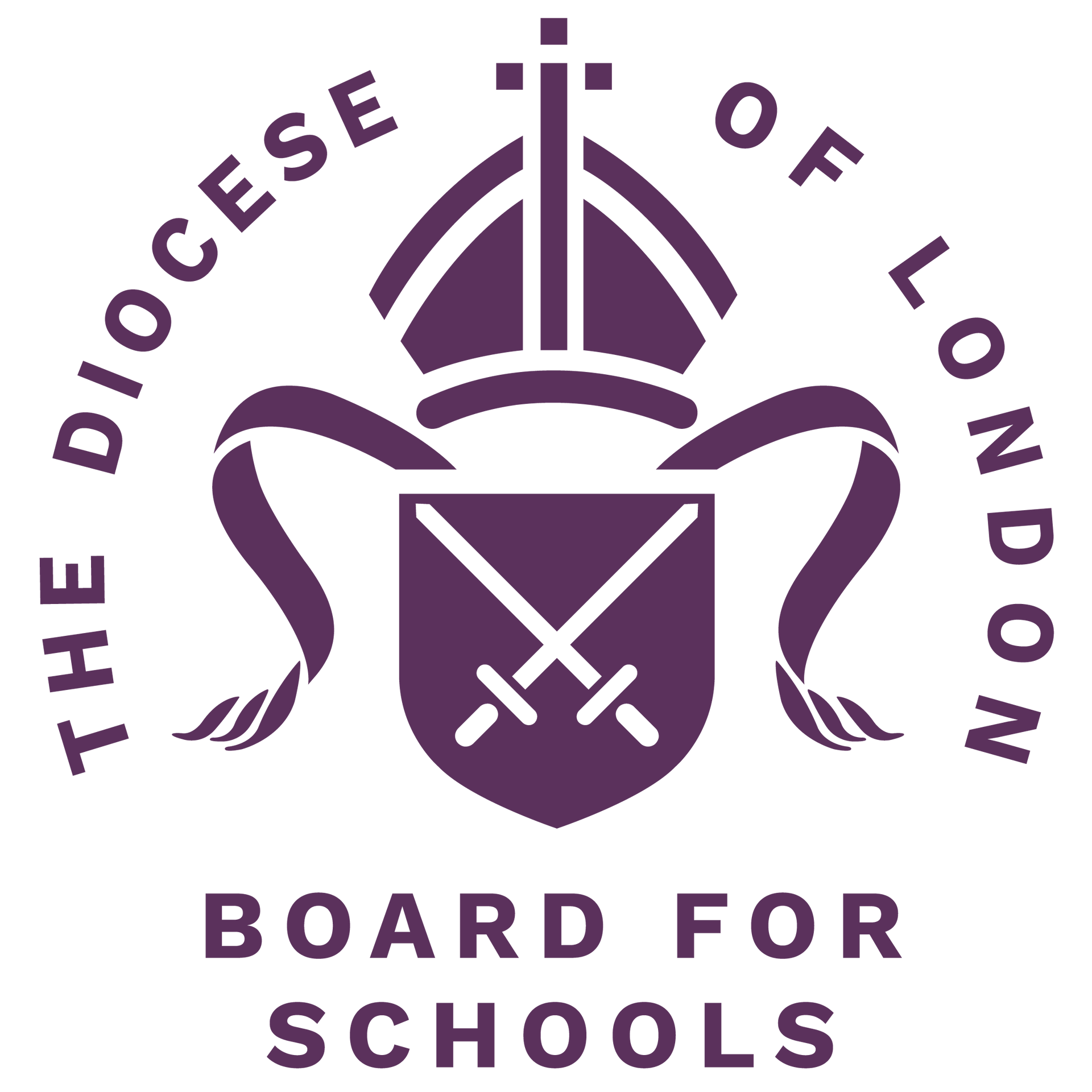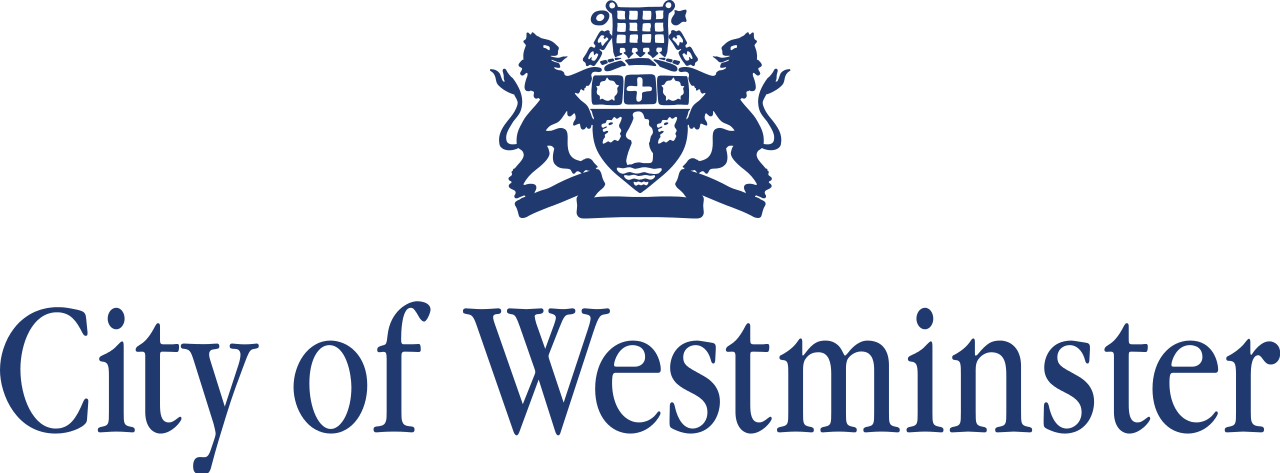CURRICULUM
CURRICULUM
Curriculum Intent
Jesus says, "I have come that they may have life and have it in all its fullness."
John 10:10
Our school curriculum is rooted in our distinctive Christian vision for children to “live life in all its fullness”.
Our curriculum seeks to develop the whole child: their character, their learning and their future ambitions.
Our curriculum reflects our high expectations for all of our children and our aspiration for them to achieve high levels of progress.
Through our whole school curriculum, we aim to:
List of services
-
Love of LearningItem link List Item 1
Foster a love of learning through providing exciting and enjoyable learning opportunities both in and outside of the classroom that equip the knowledge, skills and cultural capital that they need to succeed in life.
-
Sense of SelfItem link List Item 2
Ensure that children’s personal, spiritual and moral development are integral parts of our curriculum.
-
ChallengeItem link List Item 3
Provide challenging learning opportunities for all children and give children the chance to take risks in their learning.
-
Learn from mistakesItem link List Item 4
Enable children to learn from errors and mistakes and be able to receive and act on feedback as they develop as reflective learners.
-
CollaborateItem Link
Develop the skills children need to work and collaborate effectively with others.
-
Key SkillsItem Link
Develop the key skills children need to be able to engage with the next stage in their learning and for future life.
-
Maths and EnglishItem Link
Recognise the importance of developing children’s maths and English skills so they can access a broad and balanced curriculum.
We do this by providing a broad and balanced curriculum with discreet units of work in every subject. Each unit of work contains the knowledge and skills that we have identified as essential in our school. The knowledge and skills are sequenced and progressive in each subject across both Key Stage One and Key Stage Two.
Curriculum Implementation
At St James and St John, there are key features of our pedagogical approach to implementing the whole curriculum that go across all subject areas.
COLLABORATION
We aim to ensure that there are opportunities for collaborative learning across the curriculum with pupils working in pairs, groups or as a whole class. We know that being able to share and talk about your learning has a proven impact on pupil understanding and progress.
CLEAR PURPOSE AND SUCCESS CRITERIA
The purpose of a lesson is shared through a clear decontextualised learning intention with clear associated success criteria, which are created with the children where possible.
LEARNING PRESENTED IN SMALLER STEPS
Wherever possible, learning is broken down into smaller steps so children are not overwhelmed by too much information.
QUESTIONS
Teachers use a range of questions to engage children, check their understanding and to deepen their learning.
MODELLING
Adults and peers model successful example outcomes across the curriculum so children have a clear picture of what to aim for in their independent or shared tasks.
RESOURCES TO SUPPORT AND SCAFFOLD
We use a range of resources to provide support for children to access and complete learning tasks. These could be concrete resources or written scaffolds or prompts.
INDEPENDENT PRACTICE
We ensure that there are opportunities for independent practice in both practical and written tasks.
EXPERIENTIAL AND PRACTICAL LEARNING
Across the curriculum, we emphasise the importance of experiential and practical learning tasks as essential in contributing to a broad and balanced curriculum. These could be learning tasks within the classroom or opportunities to engage in learning outside of the school.
Curriculum Organisation
Our curriculum is organised into 3 distinct topics of learning, which group each of the subjects and the subject-specific skills and knowledge to help deepen and connect learning.
These topics help organise specific skills and knowledge in the subjects of:
- History
- Geography
- Art and Design
- Design Technology
- Computing
These 3 thematically organised topics are supplemented by focus weeks of learning about science, international relations and diversity, religious festivals and celebrations, healthy living and personal, social, health and economic development.
The teaching of English, Mathematics and Science is kept discrete, with skills used within subjects when appropriate. English is taught with the use of high quality texts, which are usually thematically related to the overarching topic.
Religious Education is also taught discretely, using the LDBS scheme of learning.
PSHE, Music, PE and Spanish are all taught as separate subjects, following individual schemes of work.

Contact Us School administrator: P. Hoti
020 7504 0535
office@stjstj.co.uk

